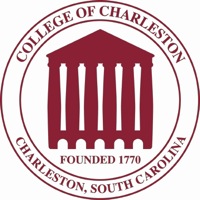Below is a summary of the abstract you submitted. Presenting author(s) is shown in bold.
If any changes need to be made, you can modify the abstract or change the authors.
You can also download a .docx version of this abstract.
If there are any problems, please email Dan at dar78@pitt.edu and he'll take care of them!
This abstract was last modified on May 4, 2017 at 12:51 p.m..

Bacteriophages are a type of virus that specifically infect and kill bacterial cells. These phages are being catalogued and studied in order to understand their evolution, in addition to exploring their potential as therapeutics. Gordonia terrae is a species of actinobacteria that has been minimally studied, but may have potential uses in environmental conservation through waste remediation. Between the Fall 2016 and Spring 2017 semesters, students collected soil samples from the Charleston area, isolated potentially novel bacteriophages from these samples, and attempted to extract and purify DNA from their phage. DNA from three of these phages—Adgers, Buggaboo, and SuperSulley—was successfully extracted and then sent to the Pittsburgh Bacteriophage Institute to undergo whole genome sequencing, which was done using Illumina sequencing technology. The complete genomes were annotated by a team of six students using various bioinformatic tools, including the genome annotation program DNA Master, the coding potential algorithms Glimmer and GeneMark, BLASTP, and the PEPPeR promoter identification program. These characterized genomes will provide insight into the evolution and biological mechanisms of these phages and their Gordonia terrae host.

